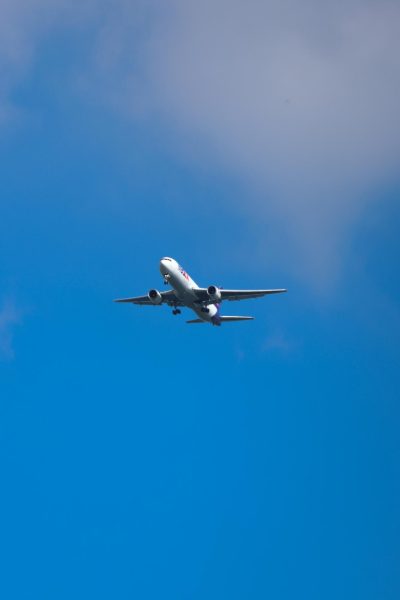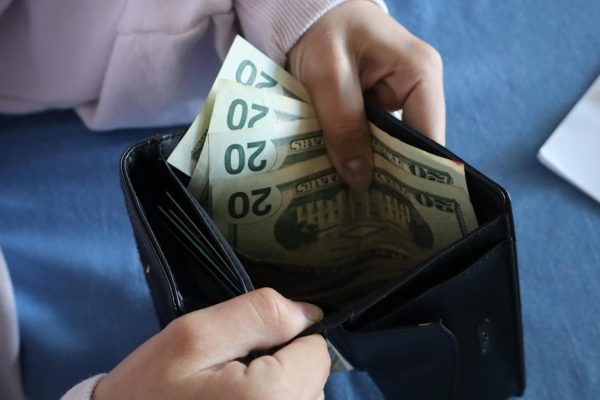How World Press Freedom Day is Impacting Journalists Worldwide
May 7, 2022
In 1993, the United Nations General Assembly declared May 3 as World Press Freedom Day, following a recommendation made in the 26th General Conference session of the United Nations Educational, Scientific and Cultural Organization.
World Press Freedom Day is designed to recognize all types of journalists across the media who work to distribute information from all around the world. The holiday also serves as a day to inform citizens of the violations of press freedom. It is a reminder that in the 21 century, publications and social media are still censored, fined and suspended, while some journalists are attacked and even murdered on the job.
The day also emphasizes the importance of press freedom in nations such as China, North Korea, Vietnam, Laos, Eritrea, Djibouti, Turkmenistan, Saudi Arabia, Syria, Iran and Cuba—where press freedom is severely restricted.
This year’s World Press Freedom Theme, “Journalism Under Digital Siege,” highlights the various ways in which digitally mediated attacks put journalists and journalism in jeopardy.
From May 2–5, UNESCO and the Republic of Uruguay held the annual World Press Freedom Day Global Conference in Punta Del Este, Uruguay. Among the topics discussed were the digital era’s impact on freedom, the safety of journalists, access to information and privacy.
The conference united relevant policymakers, media representatives, journalists and Artificial Intelligence researchers from all over the world to explore the digital era’s impact on freedom of expression, media viability and public trust.
Today, journalists, camera crews, reporters and others continue to put their lives at risk to inform the world on pressing issues and world conflicts, such as Russia’s military attacks on Ukraine.
According to the National Union of Journalists of Ukraine, at least 20 journalists and media workers have been killed or injured since Russian tanks moved into Ukraine on Feb. 24.
Russian President Vladimir Putin’s suppression of media and journalists began before the invasion. Since 2017, about 90 media outlets and individuals have been labeled “foreign agents” and forced to either shut down their operations or leave the country.










